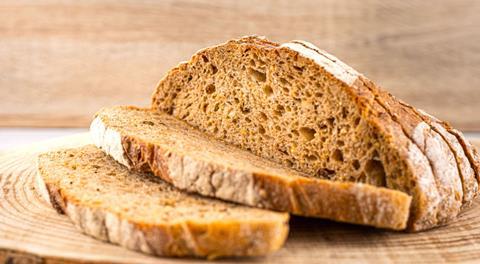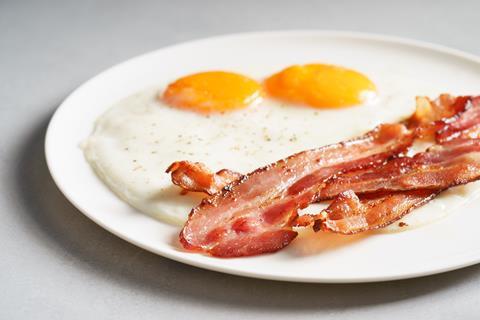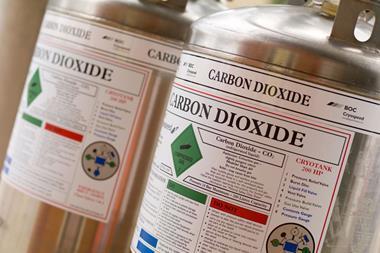
Almost 10,000 products shot up in price over the new year as the mounting bubble of inflation looms over supermarkets and shoppers.
It means 6% of all supermarket products became more expensive between 27 December and 5 January, according to exclusive Assosia data for the Grocer – more than double the number that rose in price during the same period last year.
Over 11% of bakery products are now more expensive – the most of any category – as manufacturers faced up to soaring ingredients costs. The category’s production process also means it is more exposed to energy price hikes. Wholesale gas prices in the UK are currently four times higher than at the start of 2021.
Fresh meat is also under considerable price pressure, with one in 10 SKUs becoming more expensive at the end of December. According to Kantar figures released this week, fresh beef prices rose 12.2% in the last three months of the year, while fresh lamb was up 9.5%. Fresh bacon was among a small tranche of products to fall in price.
It helped push total food inflation to 3.5% in December, the highest rate since January 2018 bar a short period at the start of the pandemic when retailers cut promotions to manage supply.
While bakery and fresh saw more price hikes than any other category, this is more likely to be due to the timing of the figures rather than any unique cost pressures. Many private label annual contracts are negotiated annually, meaning sectors with a high-proportion of own-label lines are predicted to see more upticks in price around this time.
Richard Harrow, CEO of the British Frozen Food Federation, echoed this view. While 9% of frozen prices rose during the period by an average of 14%, for example, “frozen isn’t being hit harder than any other category by cost pressures,” he said. “It’s more to do with one or two of the frozen companies being a bit quicker getting prices through.”
The companies within each sector could also be a factor. Both bakery and frozen are dominated by a small handful of major suppliers who have more weight to drive through price increases at a faster rate than smaller suppliers, Harrow suggested.

Waitrose was the only supermarket to cut more prices than it increased during the period, though this again was more likely a factor of timing and could easily change by next week, said Kay Staniland, director of Assosia.
Tesco also managed to keep a lid on inflation at the end of the year, with less than 2% of its SKUs becoming more expensive. But Iceland and Ocado raised the price on 10% of products. It meant an average price hike of 4.4% across all the major supermarkets.
This week would see other categories start to catch up with fresh and bakery as cost pressures became intolerable for many suppliers, said Ged Futter, director of The Retail Mind.
Many supermarket buyers had looked to delay price negotiations through the Christmas period but this week would mark the start of a flood of price hikes hitting shelves, Futter added. He said the average price increase from suppliers was 13.6%, though they ranged from 4% to over 30%.
A poll from the British Chambers of Commerce this week found 58% of firms were now expecting to raise prices over the next three months, including 77% of manufacturing companies, and 74% of retailers and wholesalers. “Prices will be going up on a daily basis this year,” said Futter.
The British Retail Consortium said it expected prices to rise at a faster rate than 2021. “The trajectory for consumer prices is very clear – they will continue to rise, and at a faster rate,” said CEO Helen Dickinson. “Retailers can no longer absorb all the cost pressures arising from more expensive transportation, labour shortages, and rising commodity and global food prices.”
With many shoppers expected to be hard-pressed this year, Dickinson called on the government to relieve some costs “by looking for long-term solutions for resolvable issues such as labour shortages”.



















1 Readers' comment